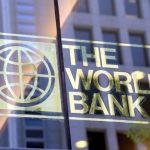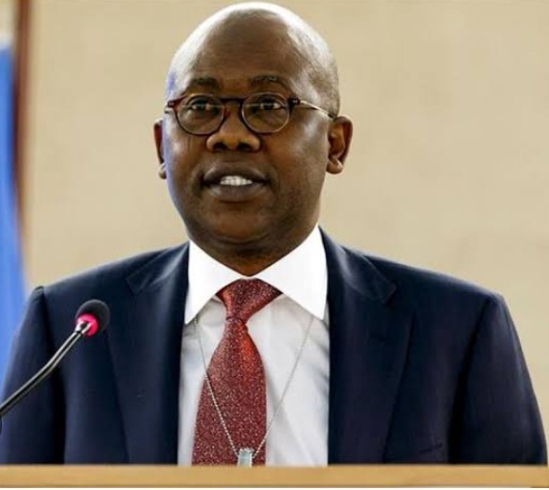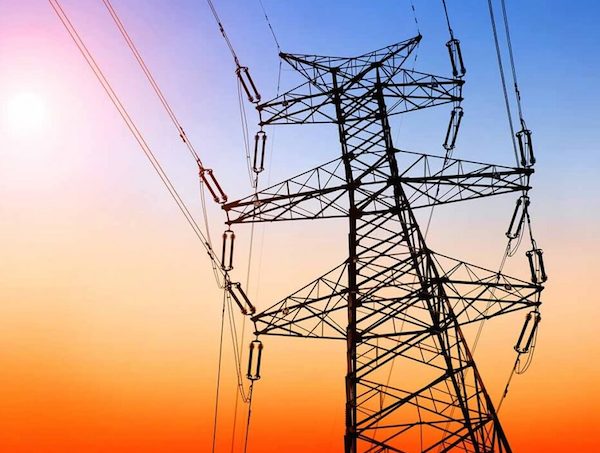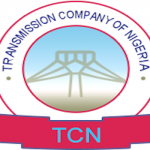By Oke Peter
The hope of getting constant electricity supply in Nigeria may not yield desired result due to three major reasons. These issues are systemic and fundamental and it seems to have defied workable solution.
Regulatory hitches had been identified as one of the challenges confronting the power sector in the country. Truth be told, the regulatory agency in charge of the power sector, the Nigerian Electricity Regulatory has not been effective in regulating the activities of the Distribution Companies. Discos are not operating in accordance with the commission’s extant regulations. There has been no remarkable improvement in electricity supply apparently due to administrative bottlenecks and political expediency. For instance, what the consumers are currently getting is far below what is expected of Discos going by the NERC’s rules.
Also, the ministry of power that was mandated to upgrade the transmission infrastructure has failed to acknowledge the level of electricity problem in the country. The ministry frequently claims that the major problem is with technology.
However, the Transmission Company of Nigeria saddled with the responsibility of transmitting energy from the grid to power stations across the country, is battling with obsolete equipment and poor funding.
According to the Executive Secretary, Association of Power Generation Companies, Mr. Joy Ogaji, the Gencos have the capacity to generate 12,000 megawatt of power to meet the electricity need of Nigerians.
He said, “Currently, Gencos have available 8,000-megawatt capacity, given the readiness of the TCN and Discos network to absorb the power generated. Gencos have an installed capacity of 12,500 megawatt but the TCN only has maximum capacity of 5,500 megawatt, but we believe they cannot take more than 4,500 megawatt.”
He added, “A system stress test recently conducted on the distribution lines showed that Discos can only take 4,600 megawatt. With this reality, Discos do not have the capacity to carry enough energy that can solve electricity problem in Nigeria.”
Secondly, lack of financial support is negatively affecting electricity supply. The revenue generated by the Discos, from which they were expected to pay the TCN, the Gencos, the regulator and every individual on the electricity value chain is not sufficient. Consumers are persuaded to pay electricity bills because power is hardly available for a two-hour stretch in a day, but NERC is not saying anything about this. The Discos are not generating sufficient revenue to settle invoices submitted by the TCN and the Nigeria Bulk Electricity Trading and this has resulted in huge debts for the organisations.
Furthermore, transmission problems occasioning power losses, electricity theft, and vandalism among others are confronting the sector. Some government ministries, departments and agencies are also contributing to the pervasive darkness in the country by refusing to pay their electricity bills.
Interestingly, NBET has retained the management of the transmission section. NBET buys electricity in bulk from the Gencos and transport to the Discos through the TCN which manages the nationwide grid and affiliated structures like substations and transmission stations. A recent tariff hike by NERC that was reversed by the Federal High Court was hailed by Nigerians without considering its consequences. The political class had also rejected the proposed tariffs “until stable electricity is achieved” without considering the stake of investors, who are not making the projected profit from their investment.
Over time, there have been complaints by Gencos about shortfalls arising from the rise in gas prices and declining returns from Discos that are confronted by unpaid electricity bills and energy theft by the consumers. For some time, militancy and vandalisation of pipelines had also interrupted the operations of power plants.
On a bright note, President Muhammadu Buhari-led administration has been able to calm youth restiveness in the Niger Delta region resulting in improved energy generation. Also, Minister of Power and Works, Mr. Babatunde Fashola confirmed that the Federal Executive Council had approved N701 billion as intervention fund for the power sector, which would be used in paying for migration of electricity generated by the Gencos to TCN and Discos.
But there have been doubts as to the precise nature of this grant, whether it is a subsidy or loan. Experts are however of the opinion that the fund may add to the problems on the ground if its disbursement is not well handled.
Currently, the grid cannot conveniently transport the available energy without breaking down and there have been more than 10 of such collapses between January and March 2017. However, with regulatory restrictions on licensees and additional value-reflective tariffs, it is uncertain if any investor would like to invest in the power sector. Using a rule of thumb estimation of 1,000 megawatt to 1,000,000 individuals, Nigeria must generate at least 150,000 megawatt of electricity to adequately cater for its population and meet industrial needs.
The world financial institution and affiliate bodies are presently consulting with the ministry of power on technical and monetary interventions for the power sector. There are discussions about a $1billion funding for transmission infrastructure, but the process is being viewed as a mere marketing campaign. It is believed that the ministry could be of help to Discos in obtaining meters to strengthen consumers confidence and enhance statutory situation for tariff increments by the regulator.
The changing climate is also contributing to the electricity problem. Natural events and human activities are believed to be contributing to an increase in average global temperature. This is caused primarily by increases in greenhouse gases such as Carbon Dioxide. Nigeria is experiencing adverse climatic conditions with negative impacts on the welfare of millions of people. Alarm bells are ringing with lakes drying up and reduction in river flow in the arid and semi-arid regions. The result is less water supplies for use in agriculture, hydro-power generation and industries. It is obvious that even a minor climate disruption could cause devastating socio-economic consequences. Policies to curb climate change by reducing consumption of fossil fuels such as oil, gas or carbon, have significant economic impacts on the producers and the suppliers of these fuels. Nigeria is the eighth largest oil supplier in the world and has the ninth largest gas deposit.
The nation’s economy would be greatly affected by a sustainable reduction of fossil energy consumption across the globe. Nigeria is practically a mono-economy: about 80 per cent of the government income, 90-95 per cent of the export earnings and more than 90 per cent of the foreign exchange revenue were from oil sector. Therefore, special attention should be paid to gas exploration and joint-production of oil with multinational firms. So far, gas flaring is at 75 per cent due to the lack of technical facilities.
It is regrettable that Nigeria’s development plan did not acknowledge the economic threat posed by climate change and declining oil prices, which may lead to reduction in consumption of fossil fuels.
In order to meet Nigerians’ electricity demand, there is need to review the present framework to give investors an edge to handle the distribution of electricity in order to ensure stable power supply.
Therefore, the Nigerian government must come up with a clear cut policy aimed at ameliorating these problems if it was serious about providing stable electricity for the nation.









